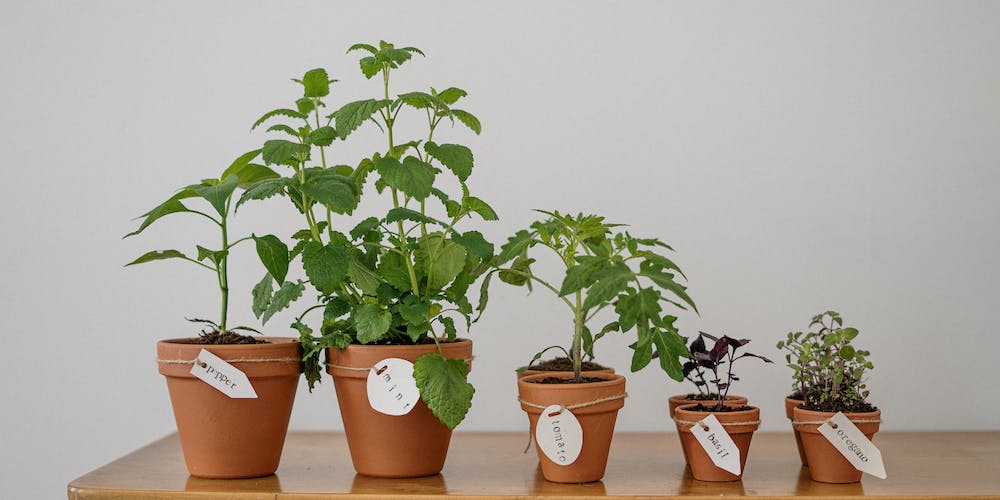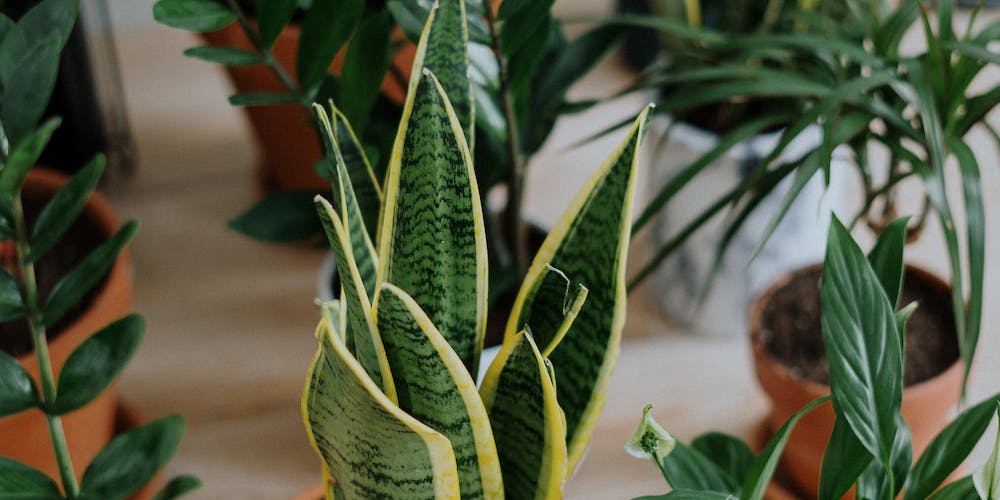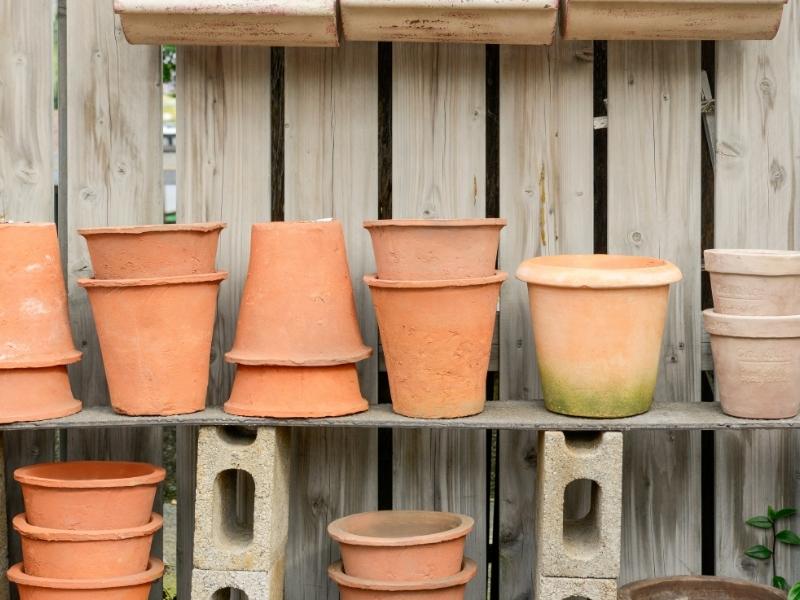Having a garden is a rewarding experience, whether you are growing vegetables or just adding some greenery to your home. However, one problem that can arise when gardening is finding worms in your plant pots. While worms are important for garden health, they can be a nuisance when found in containers meant for specific plants. In this article, we will discuss the causes of worms in plant pots and how to deal with them effectively.
Causes of Worms in Plant Pots
There are several reasons why worms may find their way into your plant pots. Here are some of the most common causes:
Overwatering
Overwatering your plants can create an ideal environment for worms to thrive. The excess moisture and lack of oxygen make the soil too wet, which is perfect for worms to live in. This is particularly true for potted plants that do not have proper drainage.
Using Compost or Peat Moss
Although compost and peat moss are beneficial for plant growth, they can also attract worms. These materials are rich in organic matter, which is a favorite food source for worms. When added to plant pots, worms may migrate from the surrounding soil to feed on the nutrients in the compost or peat moss.
How to Prevent Worms in Plant Pots

While worms are beneficial for garden health, it is understandable to want to keep them out of your plant pots. Here are some ways to prevent worms from appearing in your containers:
Use Potting Soil
Potting soil is specifically designed for container gardening and does not contain any worms. It is sterile and allows for proper drainage, preventing worms from living in the soil. Make sure to use potting soil when filling up your plant pots to avoid unwanted worm infestations.
Use a Layer of Gravel
Placing a layer of gravel at the bottom of your plant pots can prevent worms from entering. The gravel acts as a barrier, creating an obstacle for the worms and preventing them from migrating into your containers.
Avoid Overwatering
As mentioned earlier, overwatering is one of the main causes of worms in plant pots. To prevent this, make sure to water your plants only when needed and avoid leaving standing water in the pot’s tray. This will discourage worms from living in the soil.
How to Get Rid of Worms in Plant Pots

If you have already found worms in your plant pots, here are some effective ways to get rid of them:
Handpicking
The simplest and most eco-friendly method of removing worms from your plant pots is by handpicking them. Wear gloves and gently dig through the soil to collect the worms. You can then release them back into the garden or dispose of them.
Use Beneficial Nematodes
Beneficial nematodes are microscopic worms that feed on other harmful pests, including worms. They are safe for plants and do not cause any harm to humans or pets. These nematodes can be applied to the soil, and within a few weeks, they will eliminate the worm population in your plant pots.
Use Vinegar Solution
A vinegar solution can also be used to get rid of worms in plant pots. Mix equal parts of water and white vinegar and spray the solution onto the soil. The acid in vinegar will repel worms and prevent them from living in the soil.
Frequently Asked Questions about Worms in Plant Pots

Q: Are worms in my plant pots harmful?
A: No, worms are not harmful to plants. In fact, they can improve soil fertility and drainage.
Q: Can I reuse potting soil that has worms?
A: Yes, you can reuse potting soil even if it contains worms. Simply remove the worms and mix in some fresh potting soil to replenish nutrients.
Q: Will adding coffee grounds to my plant pots attract worms?
A: Yes, worms are attracted to coffee grounds because they are rich in organic matter. If you want to avoid worms in your pots, it is best to avoid using coffee grounds as a fertilizer.
Conclusion

Worms in plant pots may seem like a nuisance, but they actually play an important role in maintaining healthy soil. However, if you prefer to keep them out of your containers, there are simple ways to prevent and get rid of them. By following the tips mentioned in this article, you can ensure that your plants remain healthy and worm-free. Remember, not all worms are bad, and having a few in your plant pots can help improve your garden’s overall health.


